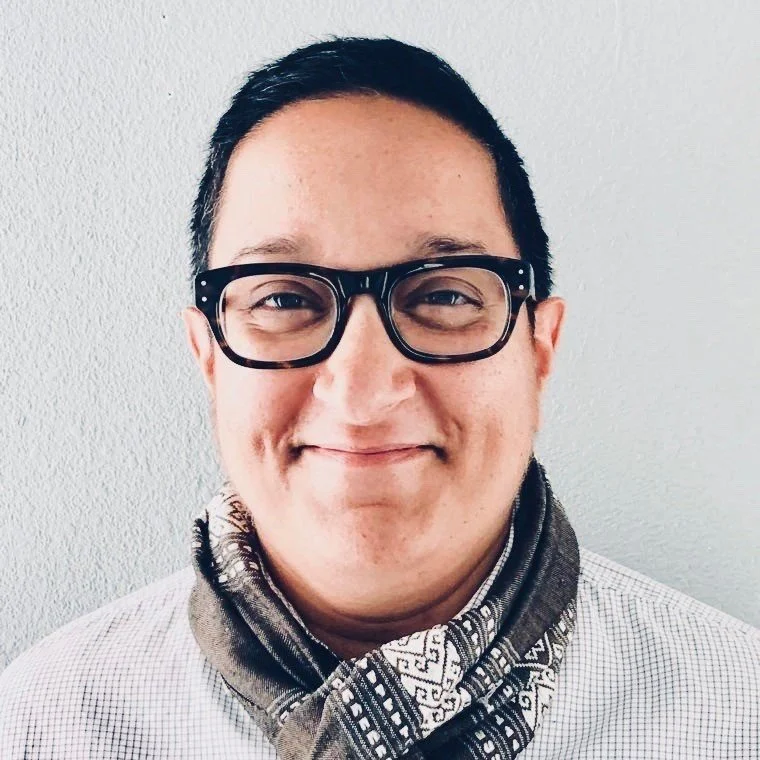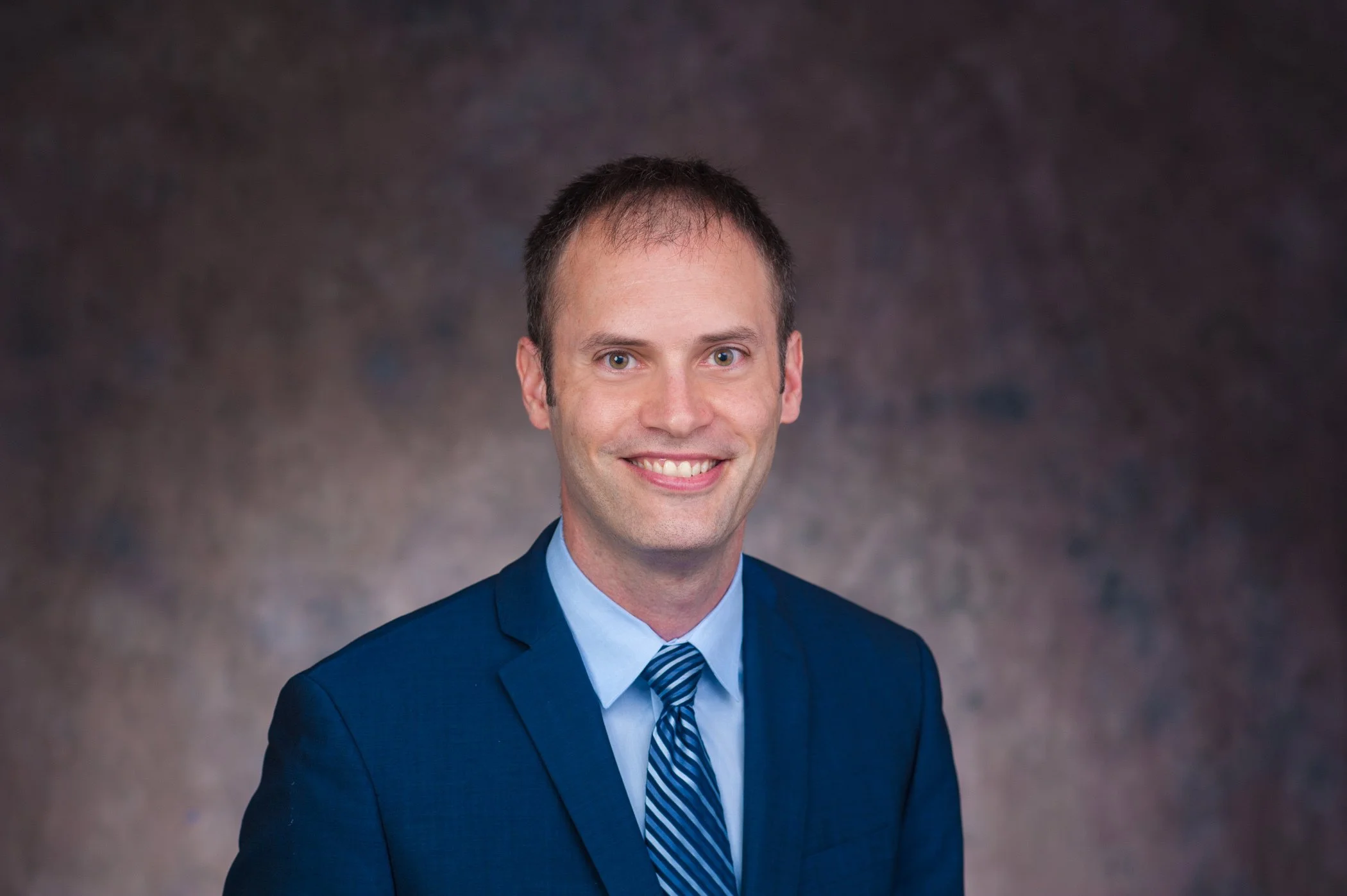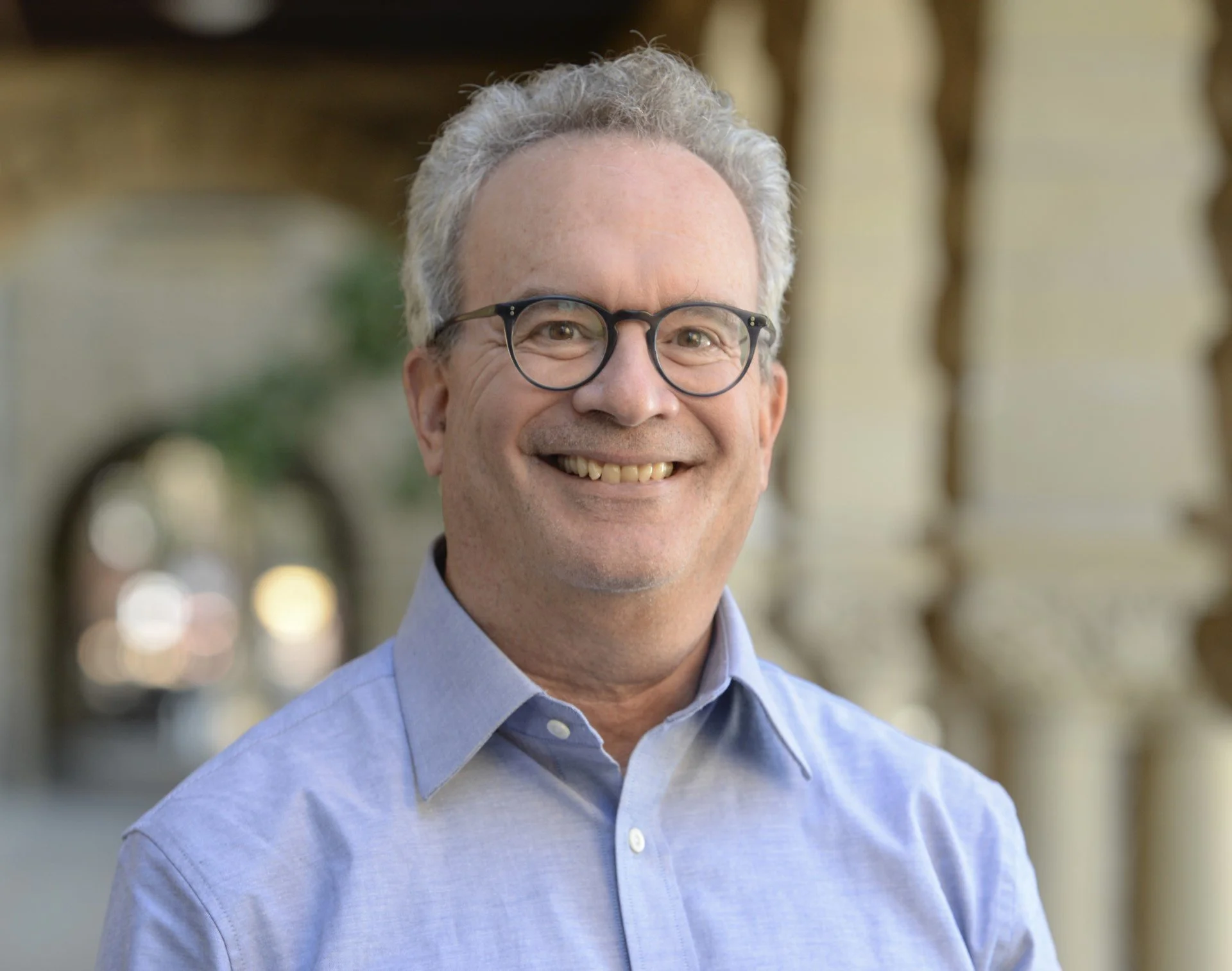Principals & Senior Advisors
Naazneen H. Barma is the Scrivner Professor of Public Policy, Associate Dean for Faculty Affairs, and the founding Director of the Scrivner Institute of Public Policy at the University of Denver’s Josef Korbel School of Global and Public Affairs. She is a political scientist whose research focuses on peacebuilding, foreign aid, international development, and global governance, with regional expertise in Southeast Asia and the Pacific. She teaches courses on public policy, political economy, and international development. Barma’s research has been supported by the Carnegie Corporation of New York, the U.S. Institute of Peace, the Minerva Research Initiative, and the Berggruen Institute, among others. She is, most recently, author of The Peacebuilding Puzzle: Political Order in Post-Conflict States (Cambridge University Press 2017) and co-editor of The Political Economy Reader: Contending Perspectives and Contemporary Debates (Taylor & Francis 2022). She was a professor in the Department of National Security Affairs at the Naval Postgraduate School from 2010–2020 and previously a development practitioner at the World Bank, where she worked for six years on governance and institutional reform in the East Asia Pacific Region.
Brent Durbin is a Bridging the Gap Principal and Chair and Associate Professor of Government at Smith College, where he teaches courses in U.S. foreign policy, strategic intelligence, international relations, and the politics of data. He also directs Smith’s Jean Picker Semester-in-Washington Program. Durbin’s research centers on the political dynamics of U.S. national security, and on the political and social effects of new data technologies. His book The CIA and the Politics of U.S. Intelligence Reform was published by Cambridge University Press in 2017. Durbin has been a Mellon Foundation New Directions Fellow, and has held research fellowships at the Berggruen Institute, UC Berkeley’s Center for Long-Term Cybersecurity, Stanford University’s Center for International Security and Cooperation (CISAC), Pembroke College at the University of Cambridge, and other institutions. Prior to joining the Smith faculty, Durbin taught in the public policy program at Stanford University. He also has served as press secretary for U.S. Senator Patty Murray, and as an adviser and senior staff member on several campaigns for U.S. Congress.
Jordan Tama is Professor in the Department of Foreign Policy and Global Security at American University and Non-Resident Senior Fellow at the Chicago Council on Global Affairs. His research examines the politics, processes, and tools of U.S. foreign policy. His most recent books are Bipartisanship and US Foreign Policy: Cooperation in a Polarized Age (Oxford University Press, 2024) and Polarization and US Foreign Policy: When Politics Crosses the Water’s Edge, co-edited with Gordon Friedrichs (Palgrave Macmillan, 2024). He has also published three other books and many journal articles, policy reports, and articles in major newspapers and magazines, including the New York Times, the Washington Post, the Atlantic, Politico, The Hill, Foreign Affairs, and Foreign Policy. He has served as a senior aide on Capitol Hill, a foreign policy speechwriter, and a presidential campaign foreign policy advisor. He has also been selected as an American Political Science Association Congressional Fellow, a Council on Foreign Relations Term Member, a Woodrow Wilson Center Residential Fellow, and a Truman National Security Project Fellow. He received a B.A. from Williams College, and received an M.A. and Ph.D. from the Princeton School of Public and International Affairs.
Jim Goldgeier is a Professor of International Relations at the School of International Service at American University, where he served as Dean from 2011-17. He is also a research affiliate at the Center for International Security and Cooperation and the Center for Democracy, Development, and the Rule of Law, both at Stanford University. He has held appointments or fellowships at the Brookings Institution, the Library of Congress, the Council on Foreign Relations, the Wilson Center, the German Marshall Fund, the Hoover Institution, and the National Security Council staff. He is a past president of the Association of Professional Schools of International Affairs. Goldgeier is a senior adviser to Bridging the Gap and a co-editor for the Oxford University Press Bridging the Gap book series. He served as chair of the State Department Historical Advisory Committee from 2021-25 and as a member of the Secretary of State’s International Security Advisory Board from 2022-25. He has authored or edited six books, most recently Evaluating NATO Enlargement: From Cold War Victory to the Russia-Ukraine War (co-edited with Joshua R. Itzkowitz Shifrinson) and Foreign Policy Careers for PhDs: A Practical Guide to a World of Possibilities (co-authored with Tamara Cofman Wittes).
Bruce W. Jentleson is William Preston Few Professor of Public Policy and Professor of Political Science at Duke University as well as Non-Resident Senior Fellow at the Chicago Council on Global Affairs and formerly Global Fellow at the Woodrow Wilson International Center for Scholars (2014-25). He was recently appointed to the U.S. Holocaust Memorial Museum Committee on Conscience. He has served in a number of US foreign policy positions including Senior Advisor to the State Department Policy, Planning Director (2009-11), and a senior foreign policy advisor to the 2000 Al Gore presidential campaign. His most recent book is Economic Sanctions: What Everyone Needs to Know (Oxford University Press, 2022). He has written extensively on American public opinion and foreign policy.
Career awards include the 2018 American Political Science Association (APSA) International Security Section Joseph J. Kruzel Award for Distinguished Public Service; the 2020 Duke University Alumni Distinguished Undergraduate Teaching Award; and the 1985 APSA Harold D. Lasswell Doctoral Dissertation Award for his doctoral dissertation. He holds a Ph.D. from Cornell University. He was a longtime Co-Director and is now a Senior Advisor for Bridging the Gap.





